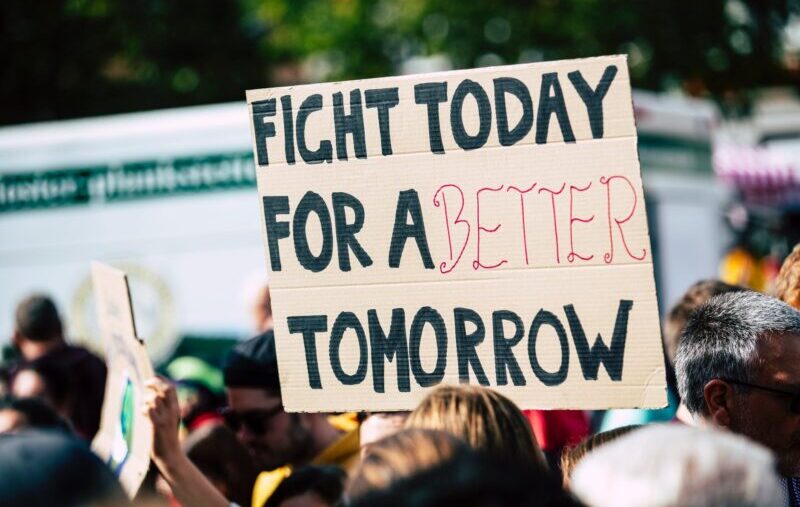…is their past behavior.
I find the simplicity of that statement to be both refreshing and annoying. I know that people don’t change very often or very easily. And I also know that I fall into the trap of thinking that he or she just might.
A small, personal example: Theresa and I made a deal when the kids came along that she would cook and I would clean. We’ve stuck to that deal, more or less, for 17 years with only a few hiccups. Those hiccups include her occasional but desperate desire to run into a burning building at the thought of planning for and preparing yet another meal. For me a longtime hiccup was my bewilderment at the state of the kitchen after dinner.
You see, Theresa has a knack for separating lids from containers in a manner and at a distance that defies logic, gravity and lots of other laws. For quite some time I fumed about this trivial thing. The part of me that operates on a rational plane was unsuccessful in making sense of it. So I puttered and pouted, making my annoyance known before getting to work.
And then one day I stopped being annoyed. One day I realized that this was just her way and it was not going to change. So, I changed instead. And today I consider it a friendly competition to see if I can master this complex game of hide and seek.
A bigger, professional example:
I once found myself over-reliant on a certain colleague. Their contribution to my thought process about the work was substantive and deeply meaningful. But when it came time to putting those great ideas into practice, making concrete plans with specific and timely deliverables, this person was incapable. I was so entranced by the possibilities that were spun in our long, rich conversations that I repeatedly made the mistake of assuming they would somehow manifest into real action.
I understand now that they were operating from a set of very specific gifts and that I was expecting and needing them to be something other than what they were. I was slow in learning that I needed to put our conversations through the filter of my more practical, planful colleagues but that wasn’t nearly as much fun! And the work suffered because of it.
Do you see the thread connecting these two examples? There’s always a choice between waiting for others to change or just getting on with changing ourselves.
Learning to accept reality is hard to do. It’s a path that always leads to the same doorway, the one marked “change starts within.”
DAVID BERRY is the author of “A More Daring Life: Finding Voice at the Crossroads of Change” and the founder of RULE13 Learning. He speaks and writes about the complexity of leading in a changing world.




